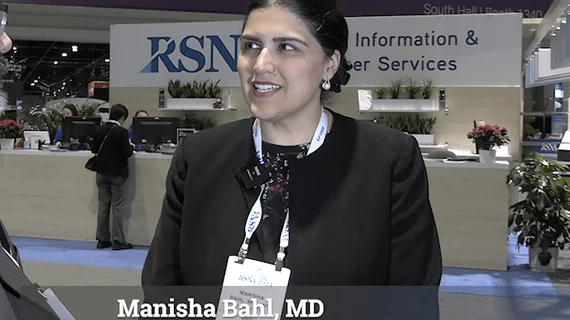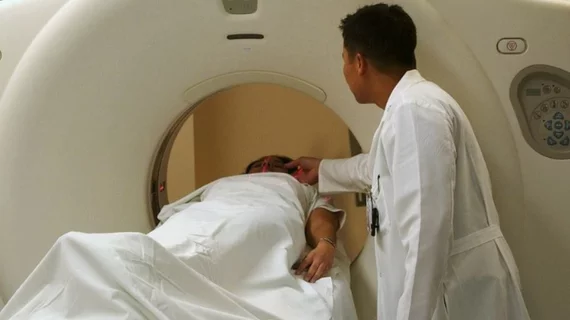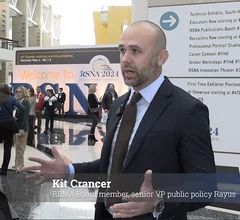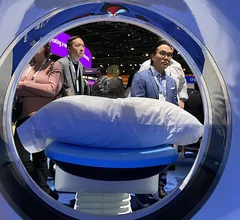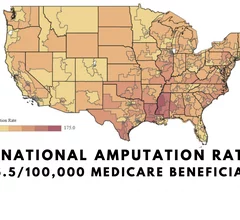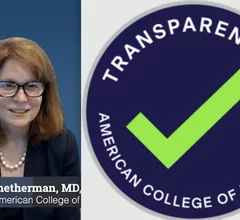Radiology Associations
Professional radiology organizations connect imaging professionals across the world, and advocate for radiology policies, regulations, educational updates and technology advancements. These societies include ACR, ASRT, SIIM, RSNA, SNMMI, and many other imaging groups. Find specific news pages for each society at these links: American College of Radiology (ACR), Radiological Society of North America (RSNA), American Roentgen Ray Society (ARRS), American Society Radiologic Technologists (ASRT), Association for Medical Imaging Management (AHRA), Radiology Business Management Association (RBMA), Society for Imaging Informatics in Medicine (SIIM), Society of Breast Imaging (SBI), and the Society of Interventional Radiology (SIR).

